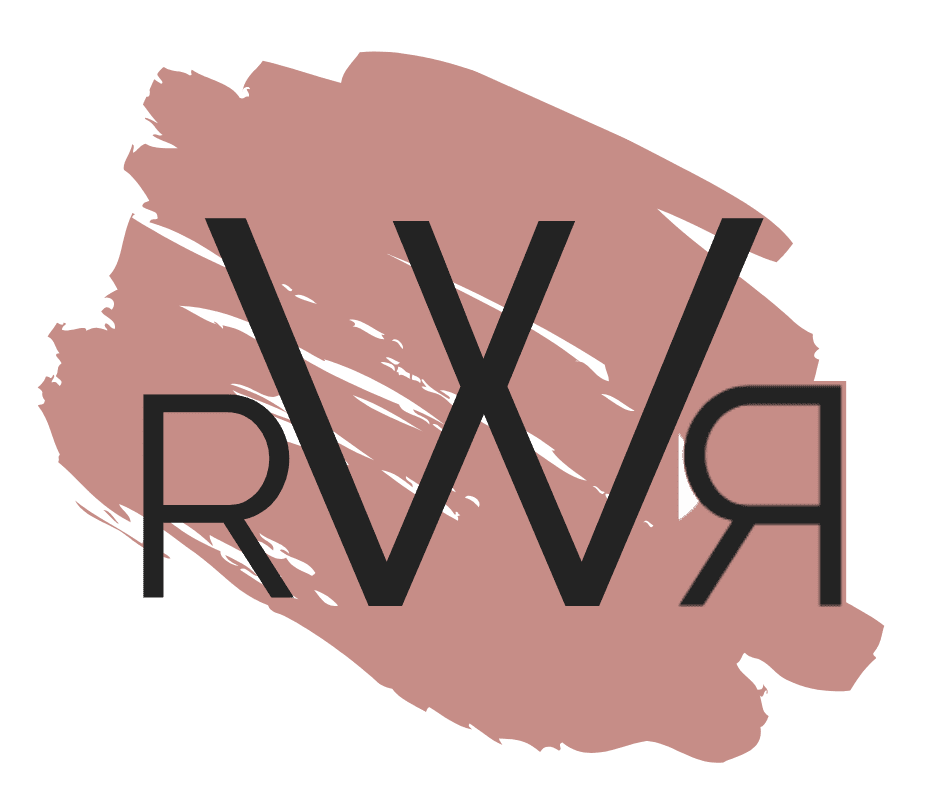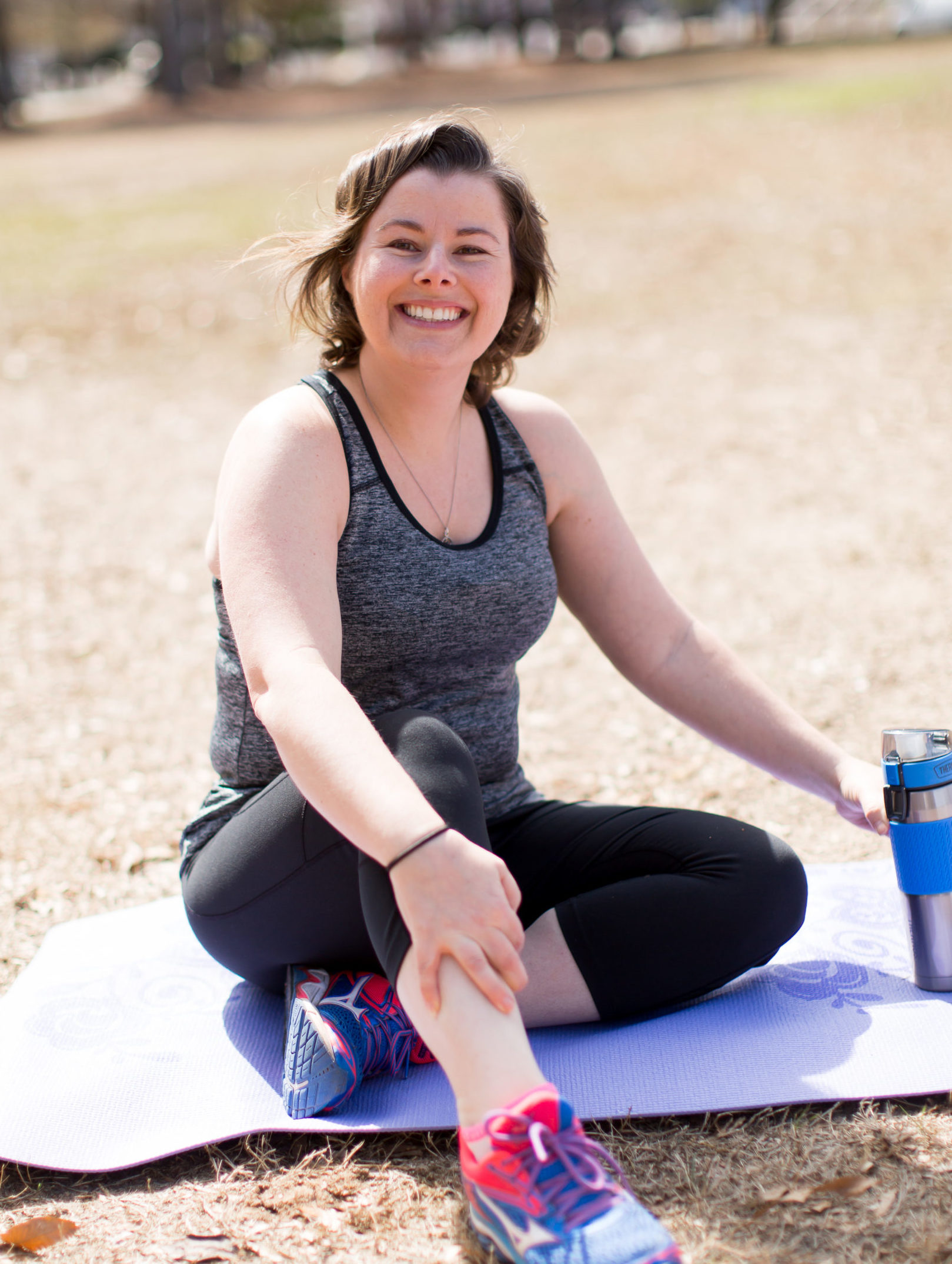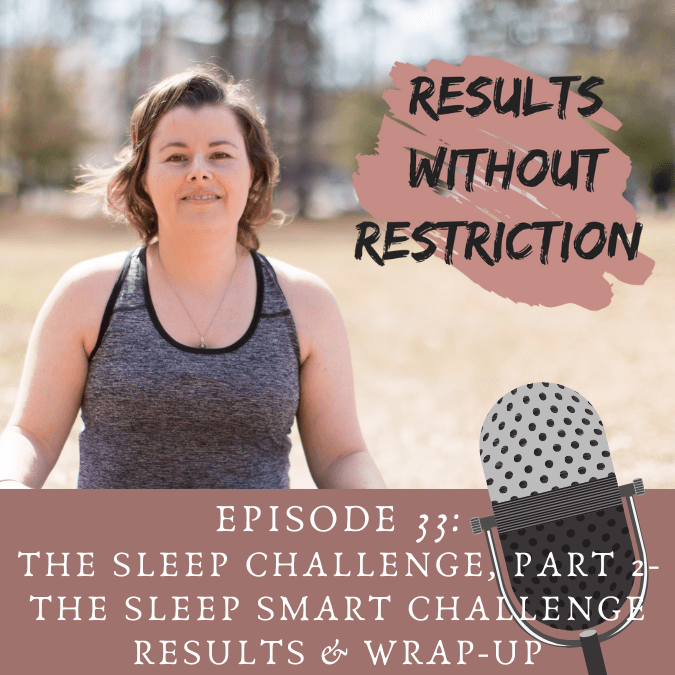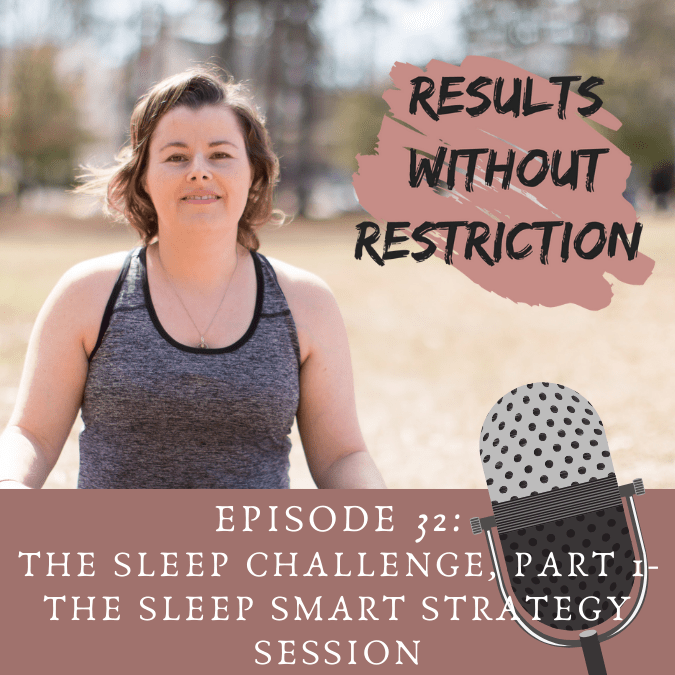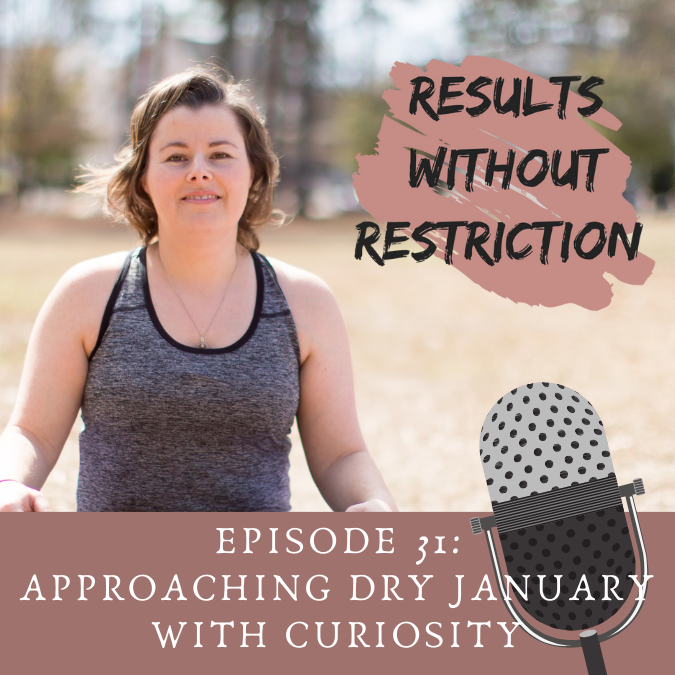Water – How Much Do I Really Need to Drink?
Water is essential for life. You can only survive a few days without it. And being hydrated is essential for health. I could argue that water is the most essential nutrient of them all. Water is neededfor every cell and function in your body.
Water is a huge part of your blood; it cushions your joints and aids digestion. It helps stabilize your blood pressure and heart beat. It helps to regulate your body temperature and helps maintain electrolyte (mineral) balance. And that’s just a few of its roles.
Dehydration can impair mood and concentration,and contribute to headaches and dizziness. It can reduce your physical endurance, and increase the risk for kidney stones and constipation. Extreme dehydration can cause heat stroke.
So, water is criticalfor life and health.
But, just as way too little water is life-threatening, so is way too much. As with most things in health and wellness, there is a healthy balancebe reached.
But, there are conflicting opinions as to how much water to drink. Is there a magic number for everyone? What counts toward water intake?
Let’s dive right in.
How much water do I need?
Once upon a time, there was a magic number called “8×8.” This was the recommendation to drink eight-8 ozglasses of water every day; that’s about 2 liters of water.
Over time, we’ve realized that imposing this external “one size fits all” rule may not be the best approach. Now, many health professionals recommend drinking according to thirst. You don’t need togo overboard forcing down glasses of water when you’re not thirsty. Just pay attention to your thirst mechanism. We have complex hormonal and neurological processes that are constantly monitoring how hydrated we are. And for healthy adults, this system is very reliable.
Besides thirst, pay attention to how dark and concentrated your urine is. The darker your urine, the more effort your body is making to hold on to the water it has. Urine is still getting rid of the waste, but in a smaller volume of water, so it looks darker.
There are a few otherthings to consider when evaluatingyour hydration status. If you’re sweating a lot, or are in a hot/humid climate drink more. Breastfeeding moms, elderly people, and people at risk of kidney stones need to drink more water too. So do people who experience vomiting and/or diarrhea, as both can quickly dehydrate our bodies.
So, ditch the “one size fits all” external rule, and pay more attention to your body’s subtle cues for water.
What counts toward my water intake?
All fluids and foods containing water contribute to your daily needs.
Water is usually the best choice. If you’re not drinking pure water, consider the effects that the other ingredients have on your body. Drinks containing sugar, alcohol, and caffeine will have effects besides hydration. Sugar can mess with your blood sugar balance. Alcohol can make you feel “buzzed.” And caffeine can keep you awake. Let’s talk a bit more about caffeine for a second.
Caffeine is the infamous “dehydrator,” right? Well, not so much. If you take high dose caffeine pills, then sure, they cause fluid loss. But the idea that coffee and tea don’t count toward your water intake is an old myth. While caffeine may make you have to go to the bathroom more,that effect isn’t strong enough to negate the hydrating effects of its water. Plus, if you’re tolerant to it (i.e., regularly drink it) then the effect is even smaller. So, you don’t need tocounteract your daily cup(s) of coffee and/or tea.
Also, many foods contain significant amounts of water. Especially fruits and vegetables like cabbage, cantaloupe, watermelon, strawberries, celery, spinach, lettuce, apples, pears, oranges, grapes, carrots, and pineapple. These foods are over 80% water, so they are goodsources of hydration.
So, you don’t need tocount your plain water intake as your only source of hydration. All fluids and foods with water count.
Conclusion
There is no magic number of the amount of water you need. Everyone is different. Children, pregnant women, elderly people need more. Episodes of vomiting or diarrhea will also increase your short-term need for more water. The most important thing is to pay attention to your thirst. Other signs you need more water are dark urine, sweating, constipation, and kidney stones.
Water is your best source of fluids. But other liquids, including caffeinated ones, help too. Just consider the effects the other ingredients have on your health as well. And many fruits and vegetables are over 80% water so don’t forget about them.
Let me know in the comments: What’s your favourite way to hydrate?
Recipe (Hydration): Tasty hydrating teas
You may not love the taste (or lack thereof) of plain water. One thing you can do is add some sliced or frozen fruit to your water. Since we learned that you could hydrate just as well with other water-containing beverages, here are some of my favorite herbal teas you can drink hot or cold.
● Hibiscus
● Lemon
● Peppermint
● Rooibos
● Chamomile
● Lavender
● Ginger
● Lemon Balm
● Rose Hips
● Lemon Verbena
Instructions
Hot tea – Place tea bags in a pot (1 per cup) and add boiling water. Steep for 5 minutes and add a touch of honey and slice of lemon, if desired. Serve.
Iced tea – Place tea bags in a pot (2 per cup) and add boiling water. Steep for 5 minutes and add a touch of honey, if desired. Chill. Add ice to a glass and fill with cold tea.
Tip: Freeze berries in your ice cubes to make your iced tea more beautiful and nutritious.
Serve & enjoy!
